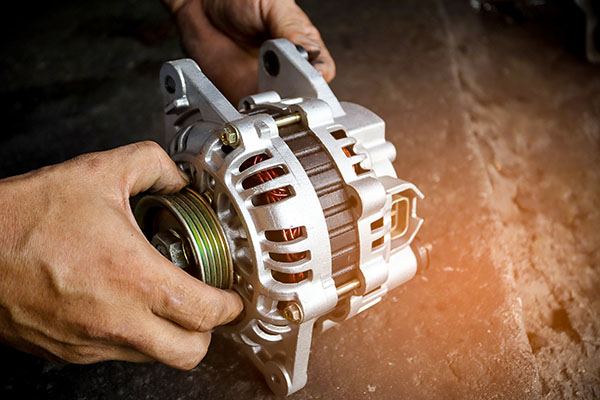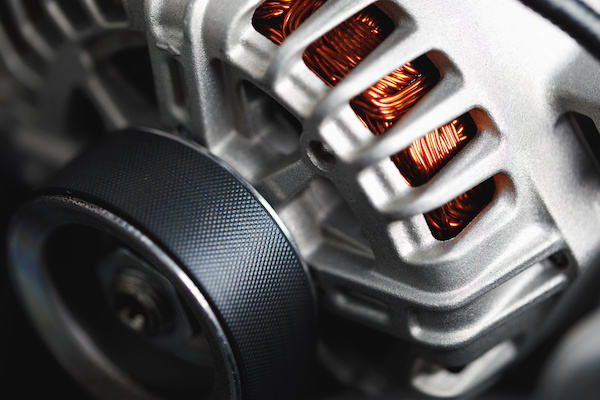Posted on 4/13/2023

Why Is My Car Not Starting? There are multiple reasons why your vehicle won’t start from time to time and there are a couple different sayings we use to determine what kind of no start condition the vehicle is having. A no crank no start condition is used to describe when you attempt to start your vehicle and nothing happens, the engine isn’t turning over and there are no sounds when trying to start. A cranks but won’t start condition is when attempting to start your vehicle and the engine is turning over or cranking but it won’t run on its own. No Crank No Start Condition? A no crank no start condition is usually, either the battery is no longer providing proper electrical power enough to turn the engine over, the starter has gone bad and is no longer cranking the engine over, or the engine has had a catastrophic failure and has seized. Cranks, But Won’t Start? When a vehicle will turn over or crank ... read more
Posted on 3/30/2023

Before we get into everything else, first you have to know what an alternator is. We can explain in detail, but let's leave mechanical talk to the specialists at the shop. Here is a simple explanation. When your engine is working, one or more pulleys are connected to it. These pulleys transfer mechanical energy using belts or chains to the surrounding components that need it. One of the main ones is the alternator. It converts mechanical energy to electricity, charging the battery. This is the main supply of electricity the battery gets, and if it fails, curtain signs occur - here are some of them, so you know when to go to the repair shop to save up on future headaches. 1. Battery Light Turns On The main reason for your car's battery light to come on is not a bad charge, but a faulty alternator. When there is no energy going in and a lot going out, the result is a loss of charge. This happens when the alternator doesn't charge the battery. It can be caus ... read more
Posted on 8/27/2021

Most drivers are well aware of their battery and what it does. However, the battery is only one aspect of your vehicle's charging system, and it's not even the most important. To most mechanics, the most vital part of the system is the alternator. The alternator is a mechanical device connected to the engine that runs off your car's serpentine belt. The alternator spins while the engine is operating, which converts mechanical energy into electrical power that powers all of your vehicle's electric features, including (but not limited to) the lights, radio, windows, and more. All vehicle batteries have a full charge output of around 12 volts, which is plenty enough to start your motor. But when your engine is running, your alternator is usually creating additional voltage (occasionally up to 15 volts) due to the demand for specific electrical operations to work. When an alternator does not work correctly, not only will some of your power functions, such ... read more